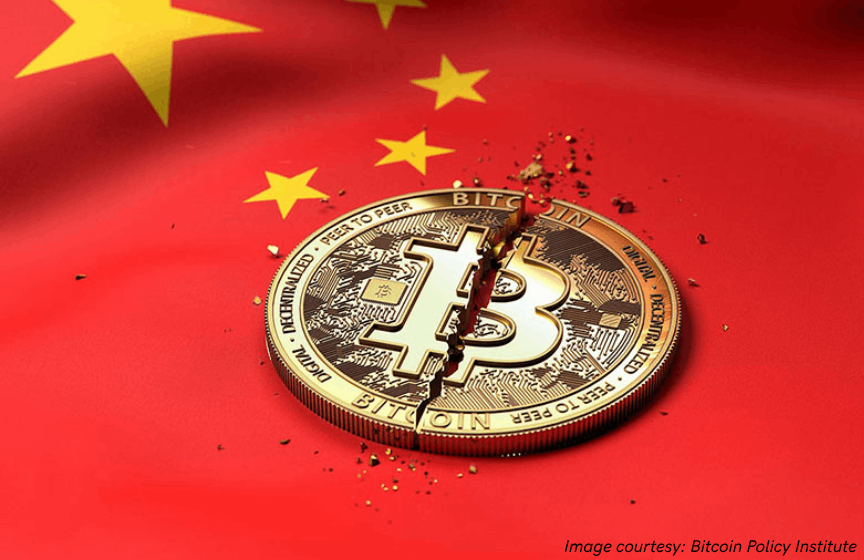Zhu Guangyao, former deputy Finance Minister of China, urged the government to rethink its stance on Bitcoin and cryptocurrency, emphasizing the need for thorough research into the technology, as reported by local media.
Speaking at the 2024 Tsinghua Wudaokou Chief Economist Forum, Zhu acknowledged the risks associated with digital assets but highlighted their growing role in the global economy. He noted that while cryptocurrencies can disrupt capital markets and anti-money laundering efforts, it’s essential to monitor global trends and policy changes, as digital assets are becoming integral to the digital economy.
Read also: How OLE777 Uses Blockchain to Ensure Gaming Fairness
Zhu referenced the U.S.’s decade-long concerns about the destabilizing effects of crypto on financial systems and its role in money laundering and terrorism financing. However, in 2024, U.S. policies shifted, with former President Donald Trump endorsing cryptocurrencies. The U.S. Securities and Exchange Commission (SEC) also approved 11 Bitcoin ETFs, signaling a more positive stance toward crypto.
Trump, speaking at the Bitcoin 2024 conference, pledged to support the industry’s growth, emphasizing that the U.S. must lead the crypto space to avoid being overtaken by countries like China. Zhu also pointed to the advances made by BRICS countries, including Russia’s recent laws allowing crypto for foreign transactions, signaling a global shift in crypto policies.
Despite China’s ban on Bitcoin and cryptocurrency trading, Zhu emphasized the importance of staying informed about global trends to maintain China’s competitiveness in the digital economy.
Read also: Telegram Paused Crypto Wallet Services in The UK
China’s first restrictions on Bitcoin began in 2013, banning financial institutions from engaging in crypto transactions. This was followed by a ban on Initial Coin Offerings (ICOs) in 2017 and a full ban on crypto mining and trading in 2021 due to concerns about financial stability and environmental issues. While these restrictions pushed many businesses abroad, underground trading persisted, and China still plays a major role in Bitcoin mining.
Zhu’s call for deeper analysis suggests that while China remains firm in its ban, there is growing awareness of crypto’s potential to influence the global economy.













Leave a Reply